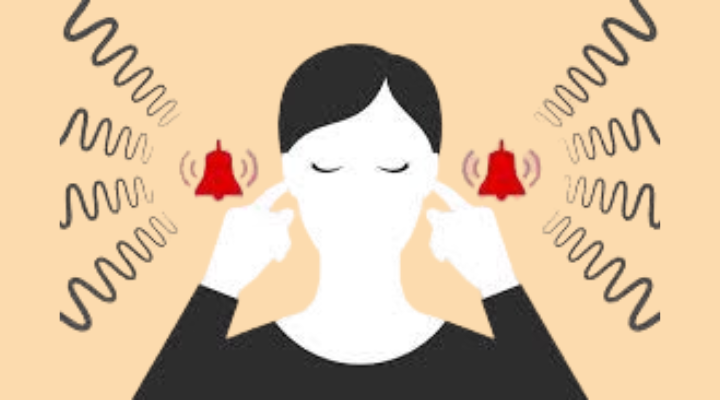Tinnitus, often described as a ringing, buzzing, or hissing sound in the ears, affects millions of people worldwide. This condition, which can range from a mild annoyance to a debilitating issue, is not a disease in itself but rather a symptom of an underlying health problem. Understanding its causes and treatment options can help manage the condition effectively.
What Is Tinnitus?
Tinnitus is the perception of sound in the absence of any external auditory stimulus. It can be subjective, meaning only the individual hears it, or objective, which is rare and can be heard by a doctor during an examination. Subjective tinnitus is far more common and is typically linked to issues within the auditory system.
Common Causes of Tinnitus
- Hearing Loss: Age-related hearing loss (presbycusis) or noise-induced hearing loss is a leading cause of tinnitus. Damage to the tiny hair cells in the cochlea can lead to the brain misinterpreting auditory signals, resulting in the perception of sound.
- Exposure to Loud Noise: Regular exposure to loud environments, such as concerts, industrial settings, or the use of headphones at high volumes, can damage hearing and lead to tinnitus.
- Ear Infections and Blockages: Wax build-up, ear infections, or foreign objects in the ear can obstruct normal sound conduction, potentially causing tinnitus.
- Medications: Certain medications, like high doses of aspirin, antibiotics, diuretics, or chemotherapy drugs, can have tinnitus as a side effect.
- Medical Conditions: Issues such as Meniere’s disease, hypertension, cardiovascular problems, or temporomandibular joint (TMJ) disorders can be associated with tinnitus.
- Stress and Anxiety: Psychological factors do not directly cause tinnitus but can exacerbate its perception and intensity.
